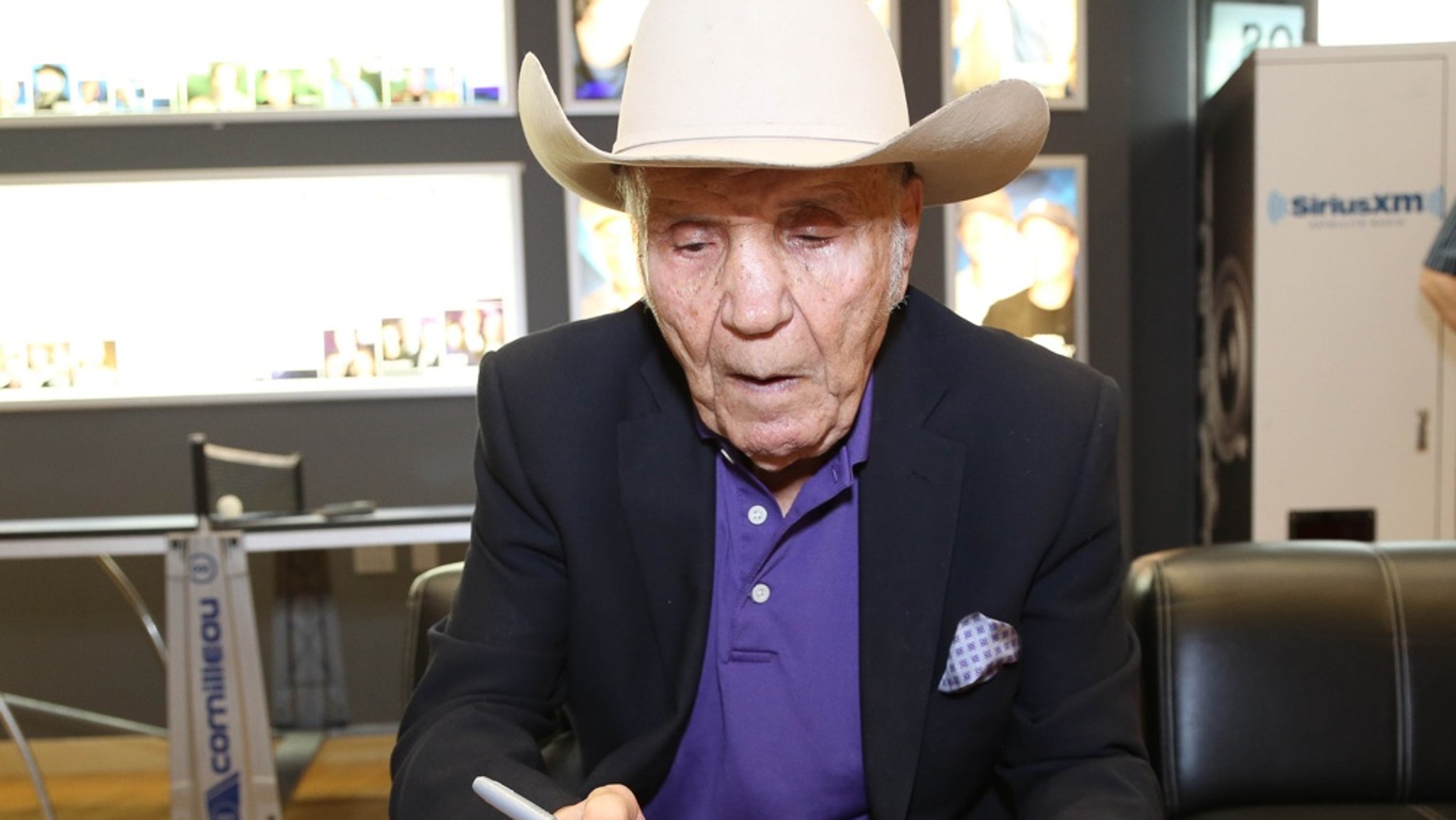

Robinson comfortably won their first encounter in a unanimous 10-round decision in front of almost 13,000 in the Garden. It was an ideological clash that blessed us with an enduring rivalry and guaranteed an everlasting legacy. Robinson believed boxing was about finding out who was the smartest in the ring, while La Motta was convinced it was a contest to see who was the toughest. The two men shared a profession but their philosophies on how best to do their jobs were at polar opposites of the pugilism spectrum. He was as blunt and crude as Robinson was cute and slick. Photograph: Hulton-Deutsch Collection/Corbis Jake La Motta training in New York in 1950. Subconsciously – I didn’t know it then – I fought like I didn’t deserve to live.” A confession later in his life says it all: “I took unnecessary punishment when I was fighting. This was a guy who, when asked to describe his childhood, said that growing up is having bad things happen to you for no reason. Some brawlers are happy to take one to land one. He was a one-man riot, a crouching, bobbing, hooking menace who appeared to thrive on the punishment he absorbed in every round he fought. A later autobiography, for which the term brutally honest could have been coined, appended the prefix Raging to his nickname, but at the outset he was simply the Bull, or the Bronx Bull, on account of a fighting style that resembled a hungry front row hooker on the rugby pitch, ferociously boring into a busy ruck in search of the ball. The 35 and 0 Robinson was already on the road to welterweight immortality when he accepted the challenge of facing a 160 pounder who, while not yet a marquee fighter, was regarded as one of the toughest men to ever lace a glove. The two men were destined to be inextricably linked from the moment they first toed the line opposite one another in Madison Square Garden in 1942. The name Jake La Motta is the most populous on Robinson’s hit-list, yet it is conspicuous by its absence from Ray’s knockout tally. His other great foe was a slightly less saintly figure with whom he shared six fights. He wanted me to lose.” Even the magisterial Robinson could not expect to compete against such an opponent. “The heat didn’t beat me,” he began, shaking his head. The two suited men assured Ray that it was the eviscerating heat, not Maxim, that had prevailed but Robinson, now 16 pounds lighter than at the opening bell, was not convinced.Īs the cooling water began to take effect, he spoke more clearly. “He didn’t knock me out, did he?” Robinson mumbled as Gainford and Impellitteri supported his semi-listless body while it lolled towards the sanctuary of a cold shower. In the dressing room after that fight in 1952, a barely coherent Robinson looked to Mayor Impellitteri of New York, a trio of medical doctors, and his manager, George Gainford, for some clarity on what had just happened.


 0 kommentar(er)
0 kommentar(er)
